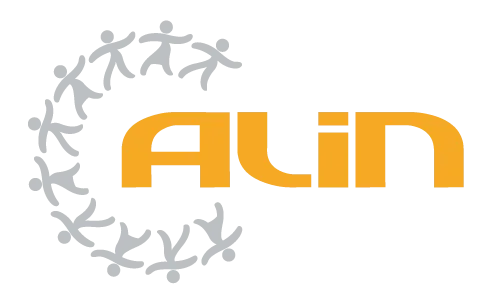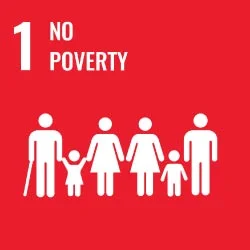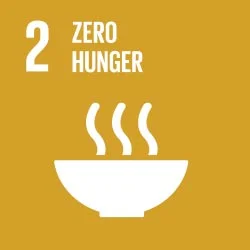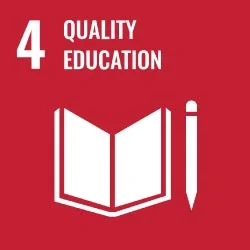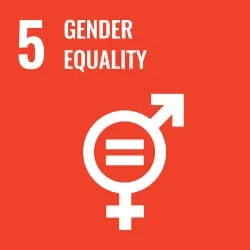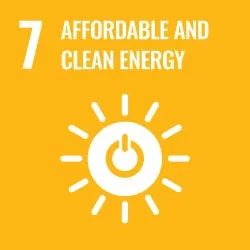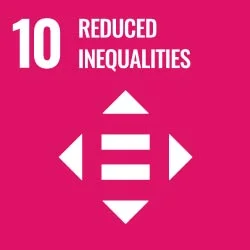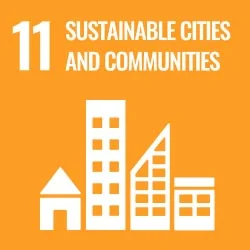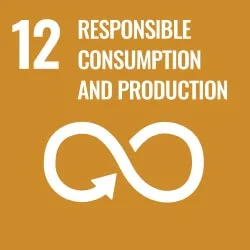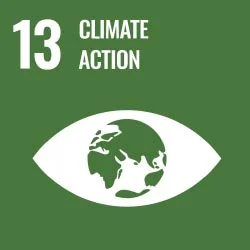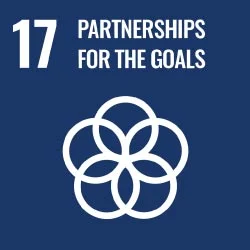Bringing the Power of Online Learning to Offline Environments
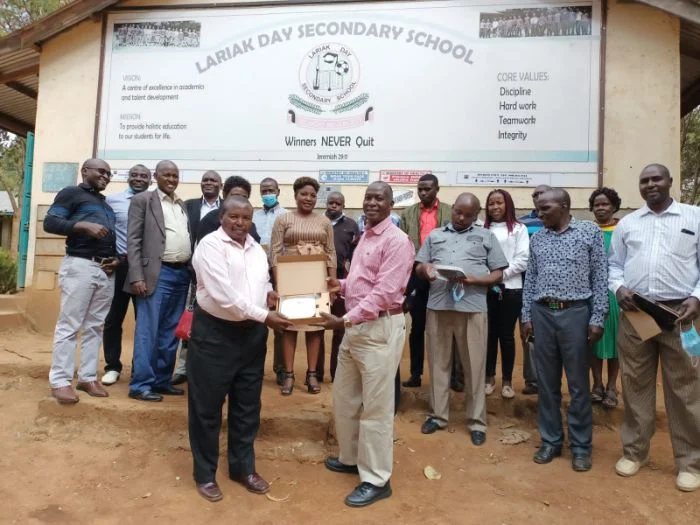
The integration of ICT in teaching, learning, assessment and management is on the rise in Kenya. To support this, ALIN in collaboration with the Association for Progressive Communication (APC), deployed and trained 20 teachers, facilitators and Ministry of Education and Teachers Service Commission (TSC) representatives on Remote Area Community Hotspot for Education and Learning (RACHEL) at the Lariak Day Secondary School in Ol-Moran Ward, Laikipia County on December 2, 2021.
RACHEL is a portable plug-and-play server that stores educational websites and makes content available over any local (offline) wireless connection. Any device with a web browser can connect to RACHEL and it is specifically designed for offline teachers, students, and self-guided learners of all ages and those with no internet access due to remote location. During the training, ALIN deployed RACHEL in Lariak Day Secondary School, Mithuri Secondary School, Lariak Primary School, Sipili School for the Deaf and Ng’arua Maarifa Centre. The server is a combination of freely available software and content modules that make it easy to bring online education materials into places with limited or no internet access (virtual library). It has 500 GB of storage and allows up to 50 simultaneous users. The 4 schools and Ng’arua Maarifa Centre will each run on a RACHEL- Plus server which has an 8-hour + battery life and is pre-installed with educational content from KA Lite, Wikipedia for Schools, Moodle, GCF LearnFree.org, PhET, Blockly Games and other educational materials developed by the Kenya Institute of Curriculum Development (KICD). The training also included a session on incorporating RACHEL technology and content into classrooms and how to create, access, reuse and redistribute offline digital content to learners through RACHEL.
Some of the challenges that ALIN is addressing through the project include low connectivity in rural areas which limits young learners’ ability to digitally connect offline; Insufficient awareness among teachers and learners on the importance of Open Educational Resources (OER); Low availability and accessibility of high-quality and openly licensed online educational content; and Underutilization of computer labs and schools’ laptops. ALIN is keen on supporting Open Educational Resources (OER) as this supports the implementation of Sustainable Development Goal (SDG) 4 which is on ensuring inclusive and equitable quality education and promoting lifelong learning opportunities for all. Similarly, the promotion of OER supports the implementation of the Ministry of Education Session Paper no 1 of 2019, which among others advocates for the integration of ICT in Education, Training and Research.
In addition, one of the core competencies under the Competency Based Curriculum (CBC) is digital literacy which calls for the use of digital devices to create and access information while the National Education Sector Strategic Plan 2018-2022 has called for capacity building of ICT champion teachers in the integration of ICT in teaching, learning, assessment and management. Open Educational Resources (OER) are learning, teaching and research materials in any format and medium that reside in the public domain or are under the copyright that have been released under an open license, that allows users to legally and freely use, copy, adapt, and re-share. According to the United Nations Educational, Scientific and Cultural Organization (UNESCO), OER can support quality education that is equitable, inclusive, open and participatory as well as enhance academic freedom and professional autonomy of teachers by widening the scope of materials available for teaching and learning. OER represent a crucial means to support the continuation of learning in both formal and informal settings. They can help meet the needs of individual learners and effectively promote gender equality and incentivize innovative pedagogical, didactical and methodological approaches.

